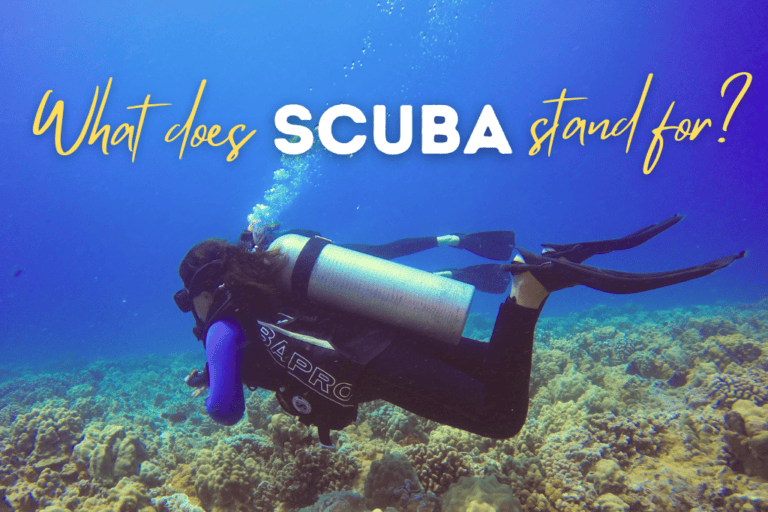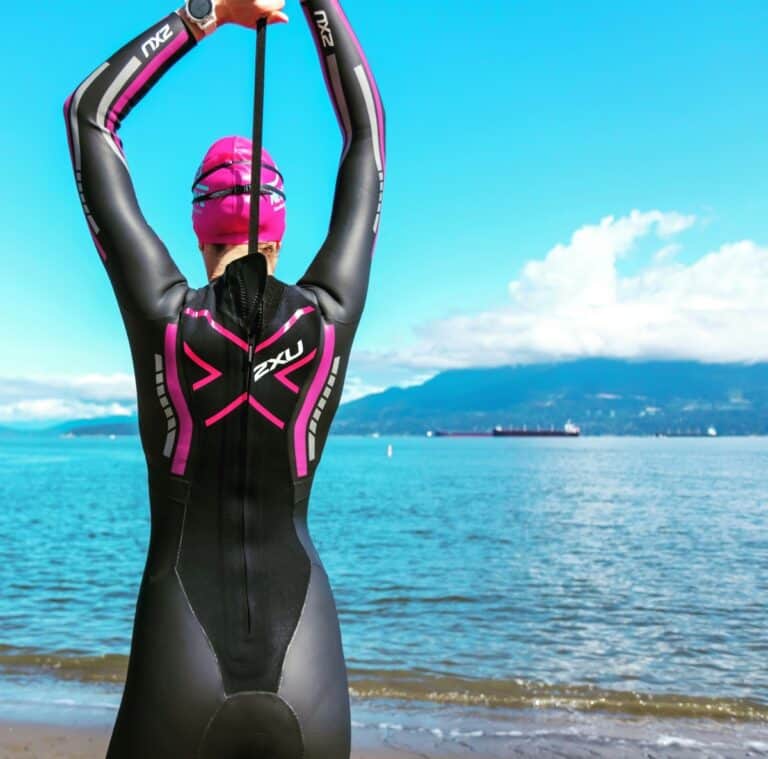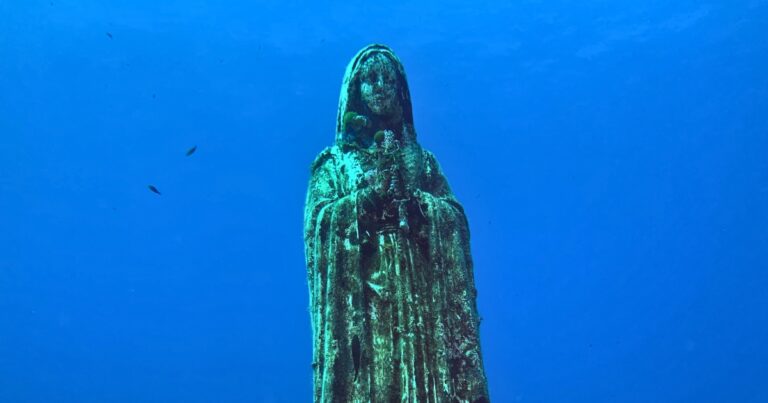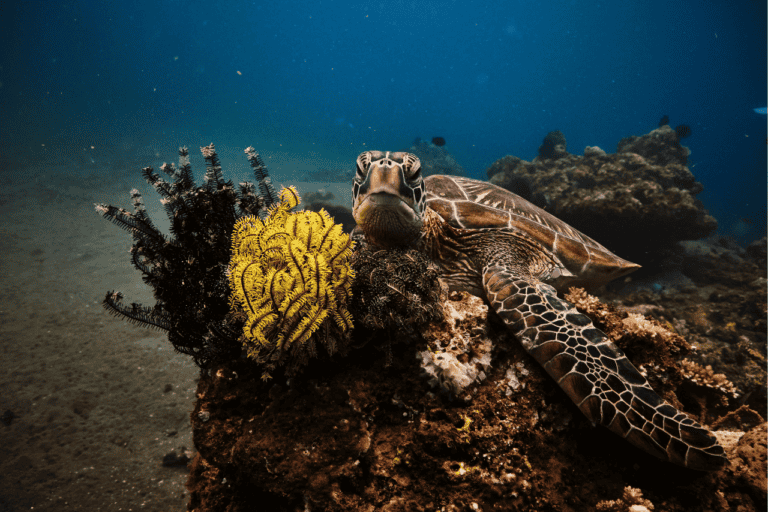Is Scuba Diving Dangerous? Ultimate Safety Guide for Epic Dives


Is scuba diving dangerous? It’s a question that bubbles up in many minds, especially if you’re new to the world of weightless adventure and salty hair days.
The short answer? Yes, scuba diving can be dangerous—but here’s the kicker: it’s safe when you follow the right steps. Like any adventure sport, it comes with risks, but they’re as manageable as remembering to put on sunscreen at the beach (which, let’s be honest, we all forget sometimes).
From my own diving experiences, I’ve learned that with proper training, smart planning, and a solid focus on safety, scuba diving is not only incredibly safe—it’s also one of the most rewarding adventures you’ll ever have.
In this post, I’ll break down the real risks, share life-saving safety tips, and explain why you can still have the time of your life exploring the deep. We’ll also bust some common myths about scuba diving dangers. Let’s dive in!
How Safe Is Scuba Diving for Beginners?
Let’s get one thing straight—scuba diving is safe for beginners… as long as you don’t treat it like an extreme sport. The ocean isn’t out to get you, but it does have rules, and respecting them is the key to staying safe and having an epic time underwater.
That’s why proper training is non-negotiable. Diving schools don’t just throw you into the deep blue and hope for the best (thankfully).
Programs like PADI and SSI ensure you know how to handle your gear, monitor your air like a pro, and stay calm if anything unexpected happens—because, let’s face it, panicking at 15 meters deep is not the vibe.
PRO TIP: Pick a reputable dive school with certified instructors (PADI or SSI are your best bets). And please, don’t try to be Aquaman on your first dive—start slow, stay shallow, and enjoy the ride. The ocean will still be there when you’re ready to explore deeper.
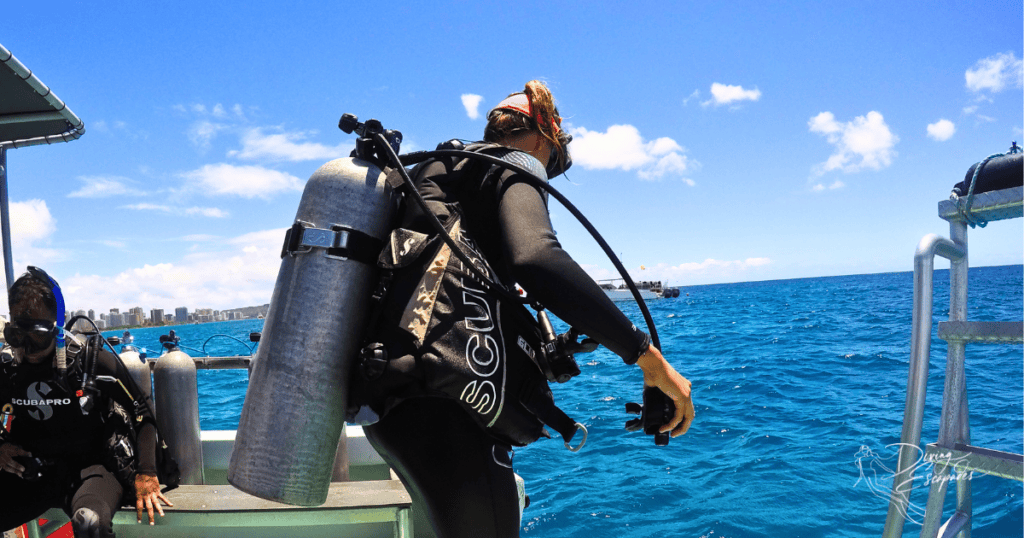
Why Some Say Scuba Diving is Dangerous
Scuba diving gets a bad rap sometimes, but the biggest dangers usually come from human error, not the ocean itself.
According to the Divers Alert Network (DAN) 2020 report, key safety concerns include managing your air supply, controlling your ascent, and maintaining buoyancy. Running out of air accounts for just over 10% of incidents, usually because divers go beyond their skill level or use unfamiliar equipment. But with good preparation and training, you can minimize risks.
So, why is scuba diving dangerous for some people? Simple: They skip key safety practices. Rushing into deep dives, ignoring equipment checks, or panicking underwater can turn an amazing experience into a risky one. And trust me, I’ve had my own wake-up call.
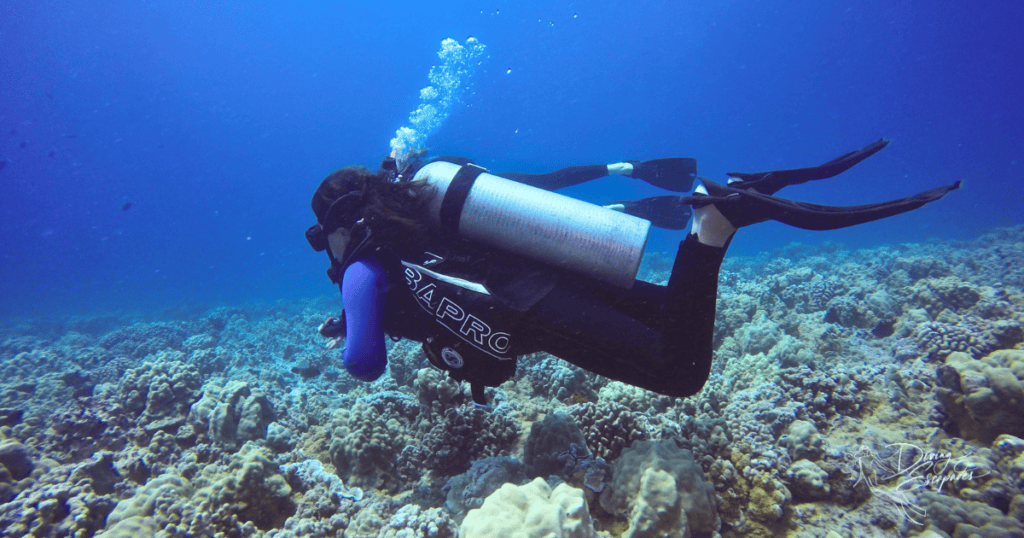
After a long break from diving (shoutout to the pandemic for that), I took a refresher course. I planned my dives, listened carefully to the briefings, and felt good to go.
Then, mid-dive, I suddenly felt like I was out of air. Cue mild panic. Turns out, I had forgotten to fully open my tank! Luckily, I stuck with my buddy, who handed me their spare octopus and opened my tank fully. Lesson learned: always double-check your gear before diving in.
PRO TIP: If you’ve taken a long break from diving, take a refresher course. Your safety depends on your skills being sharp, and it’s worth the peace of mind. Plus, dive instructors will make sure you’re ready to go back under safely.
Understanding the Risks and Dangers of Scuba Diving
Now, let’s get real about the risks of scuba diving. Are there dangers? Absolutely. But if you’ve ever driven in rush-hour traffic or tried assembling IKEA furniture without instructions, you know that life itself has risks. Let’s break it down:
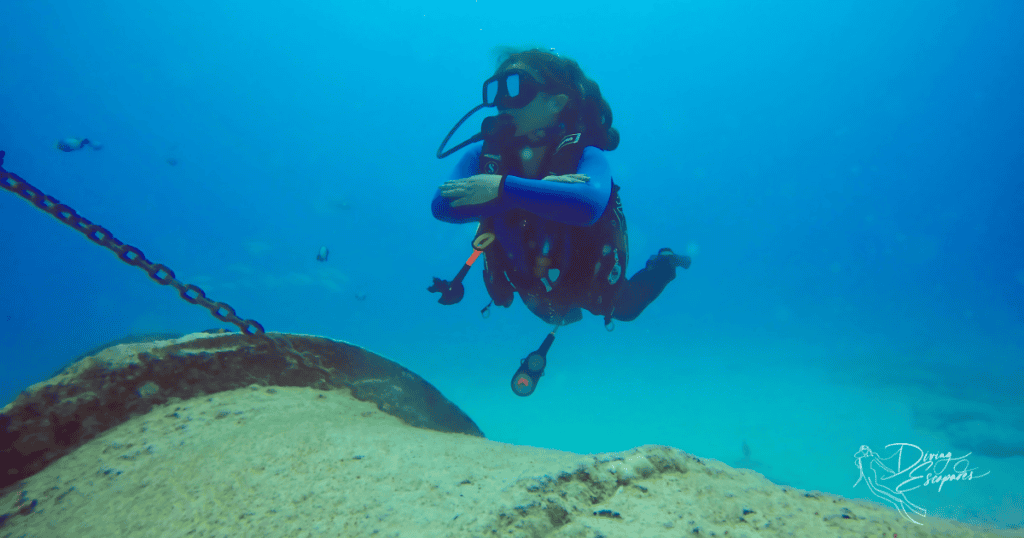
1. Decompression Sickness (The Bends)
One of the more serious dangers is decompression sickness (aka “the bends”). It happens when you ascend too quickly, causing nitrogen bubbles to form in your blood.
Don’t let this scare you off, though—following your dive table or using a dive computer can help you avoid this entirely.
PRO TIP: Always do a safety stop at 5 meters for 3 minutes. It helps prevent decompression sickness. And if you’re using a dive computer, listen to it—treat it like your wise dive buddy who actually knows math.
2. Equipment Failure
Malfunctions happen, but here’s the good news: they’re rare if you take care of your gear. I always make sure my equipment is regularly checked to avoid unpleasant surprises.
Most importantly, if anything feels off, communicate with your dive buddy. Diving with a buddy isn’t just for fun—it’s for safety.
PRO TIP: Invest in reliable, well-reviewed dive gear and have it serviced regularly. And always do a buddy check before diving—because two pairs of eyes are better than one.
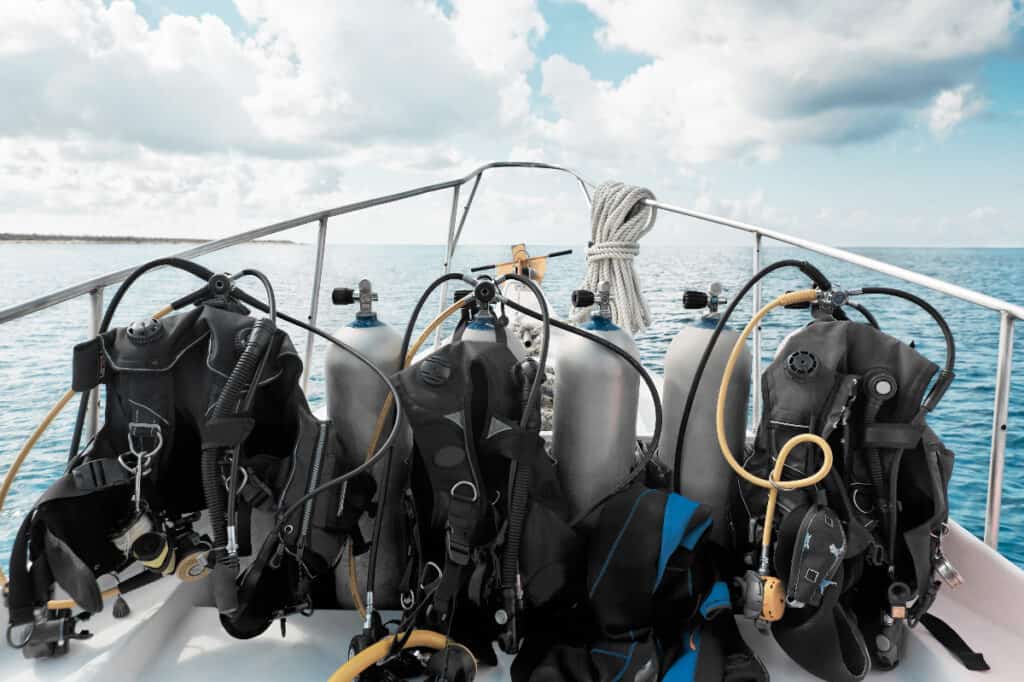
3. Marine Life
One thing I hear a lot is, “Aren’t sharks dangerous?” Sure, but not in the way movies portray them.
In fact, most marine life will leave you alone as long as you don’t provoke them. It’s usually us humans who pose a bigger risk to them—so let’s not be that guy.
PRO TIP: Follow the “look, don’t touch” rule when it comes to marine life. You’re in their home, so be a respectful guest. No one likes an uninvited houseguest poking around.
4. Panic and Inexperience
Surprisingly, panic is one of the leading causes of diving accidents. If something unexpected happens—like running out of air—panic can make things worse. So, is scuba diving dangerous? It can be if you let fear take over.
Staying calm and remembering your training can be life-saving.
PRO TIP: Stick to your certification level. Don’t attempt advanced dives before you’re ready. No one wants to be the person who bites off more than they can chew—especially underwater.

Gear Recommendation: For reliable dive monitoring, a good dive computer is a must-have on every dive. This dive computer is one I personally recommend for new divers for keeping track of depth, time, and air supply. Knowing you’re within safe limits brings priceless peace of mind underwater.
Is Scuba Diving Hard?
A common concern for newbies is, “Is scuba diving hard?” The short answer? Nope! But like anything worth doing, it takes a little getting used to.
Breathing underwater feels weird at first—kind of like trying to pat your head and rub your belly at the same time. But the more you dive, the more natural it becomes.
Worried about the gear or navigating underwater? Relax! Your training covers everything. Just take it one step at a time, trust the process, and before you know it, you’ll be gliding through the ocean like a pro. The key is to stay calm, enjoy the ride, and let experience build your confidence.
PRO TIP: The secret to effortless diving? Practice! If it’s been a while since your last dive, book a refresher course. It’s like shaking off the rust—except way more fun and with way better views!
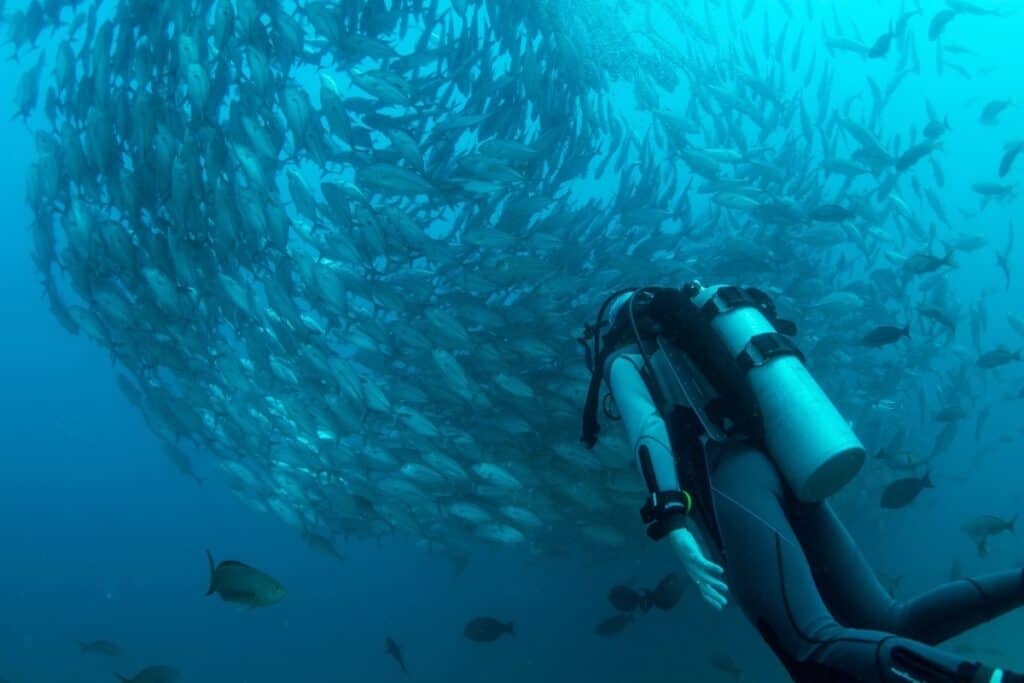
Safety Reminders for Every Dive
Whether you’re a total newbie or have racked up some serious dive time, these safety reminders will keep you out of trouble (and out of the emergency oxygen supply).
👉 Do Your Pre-Dive Safety Checks
Always check your equipment, air supply, and the dive plan with your buddy before heading underwater. Skipping this step is like jumping out of a plane without checking your parachute—not a great idea.
PRO TIP: Use a pre-dive checklist app or a printed list. Trust me, in the excitement of gearing up, it’s way too easy to forget something important—like turning on your air.
👉 Monitor Your Depth and Air
Keeping an eye on your depth and air levels is non-negotiable. If you’re a beginner, check your air gauge more often than you think you need to—better safe than sucking on an empty tank at 20 meters.
PRO TIP: Get into the habit of glancing at your air gauge every few minutes. It’s a small move that keeps you from the awkward (and dangerous) “uh-oh” moment of running low unexpectedly.
👉 Dive Within Your Limits
No need to play superhero underwater. Stick to your training, build your experience, and don’t push beyond what you’re certified for.
There’s no prize for going deeper than you’re comfortable with—except maybe a case of nitrogen narcosis.
PRO TIP: If you feel like you’re pushing it, listen to that inner voice. The ocean will always be there for another dive when you’re truly ready.
Frequently Asked Questions
Got questions? You’re not alone! Here are answers to some of the most common scuba diving queries—because the only silly question is the one you don’t ask.
Is Scuba Diving Safe for Non-Swimmers?
Technically, no. You need to be able to swim a little, even though most of the work is done by your fins. Basic swimming skills help you stay calm and in control, making for a much safer and more enjoyable dive experience.
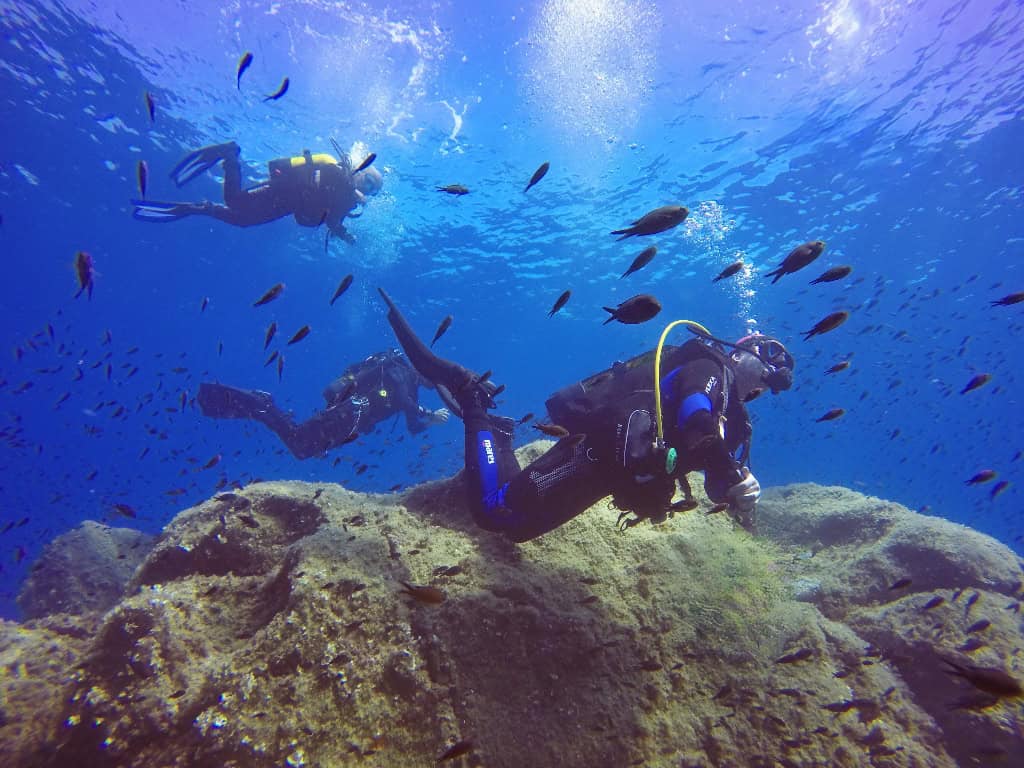
Can You Die from Scuba Diving?
Yes, but it’s rare—most fatalities happen due to negligence, pushing beyond your limits, or underlying medical conditions. Obesity, cardiovascular disease, hypertension, pulmonary disease, and lack of physical fitness can all contribute to increased risks while diving.
This is why dive medical exams are recommended for anyone with health concerns. Follow your training, stay within your limits, and ensure you’re fit to dive—you’ll be just fine.
What Are the Main Dangers of Scuba Diving?
Decompression sickness, equipment failure, and panic are the top risks. However, following safety protocols and diving within your training level dramatically reduces these dangers.
Additionally, medical conditions can also impact diver safety, so maintaining good physical health is an important part of safe diving. If in doubt, always consult a dive professional or doctor before heading underwater.

The Wrap Up: Is Scuba Diving Dangerous?
Like most adventurous activities, scuba diving comes with risks. The reality is, when you follow safety protocols, respect your limits, and keep your gear in check, diving is incredibly safe and rewarding.
For expert tips to level up your dive safety, don’t miss 11 Essential Scuba Diving Principles: Important Things to Remember When Diving.
Now go out there, make bubbles, and explore—just don’t forget to check your air first! Happy exploring and safe travels!


